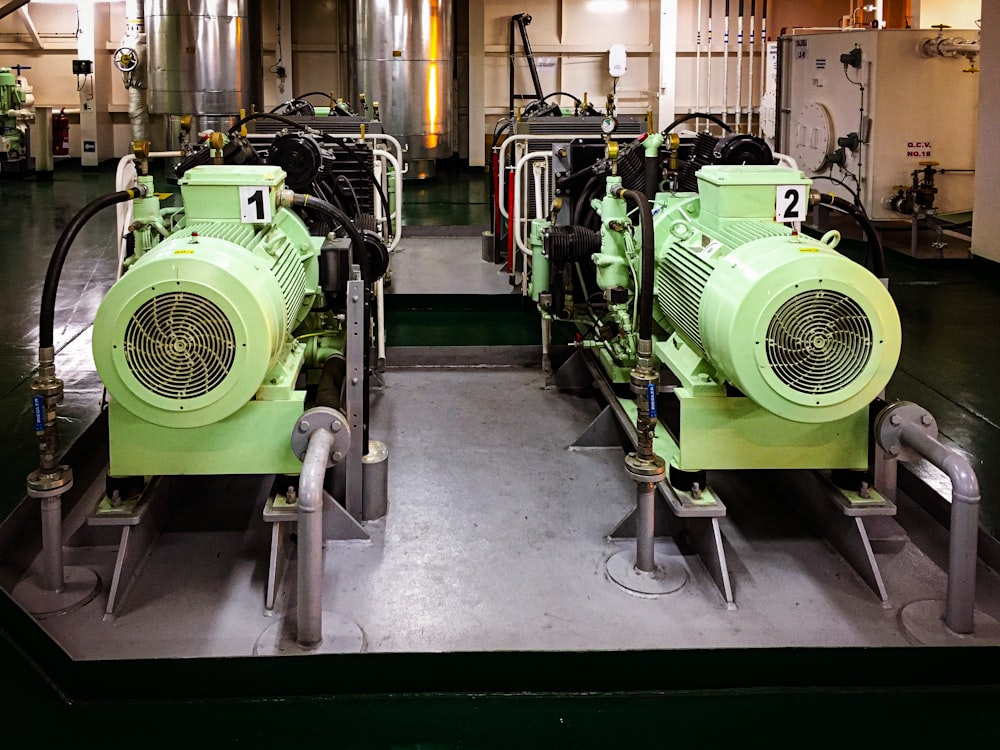Mastering Efficiency: A Guide to Production Control
Efficiency in production is more than just a goal; it’s an ongoing endeavor that requires meticulous planning, coordination, and adaptability. In this guide, we explore the essential aspects of production control and how businesses can master efficiency in their manufacturing processes.
Strategic Planning for Seamless Operations
Production control begins with strategic planning. This involves forecasting demand, setting production goals, and creating a roadmap for the entire manufacturing process. By aligning production schedules with market demands, businesses can avoid overproduction or stockouts, ensuring a smooth and efficient workflow.
Real-time Monitoring and Adaptive Adjustments
In the fast-paced world of manufacturing, real-time monitoring is a game-changer. Utilizing advanced technologies and sensors, businesses can monitor production processes in real-time. This allows for immediate identification of potential bottlenecks or deviations from the plan, enabling adaptive adjustments to maintain optimal efficiency.
Inventory Management and Supply Chain Coordination
Effective production control extends beyond the shop floor to encompass inventory management and supply chain coordination. Maintaining optimal inventory levels, sourcing raw materials efficiently, and collaborating with suppliers are crucial components. A well-coordinated supply chain ensures that production flows seamlessly without interruptions.
Quality Control Measures for Consistency
Ensuring product quality is a central objective of production control. Implementing stringent quality control measures at every stage of production is vital. From raw material inspection to final product testing, maintaining consistent quality standards not only satisfies customers but also minimizes rework and associated costs.
Demand-Driven Production Strategies
Production control strategies should align with actual demand. Implementing a demand-driven approach ensures that production is responsive to market fluctuations. By using real-time data and market insights, businesses can adjust production volumes and schedules to meet changing customer demands effectively.
Employee Training and Cross-Functional Collaboration
Efficient production control is not solely reliant on machinery; it requires a skilled and collaborative workforce. Employee training programs ensure that workers are adept at using production control tools and understanding their role in the overall process. Cross-functional collaboration fosters a cohesive working environment, where teams work together seamlessly.
Utilizing Technology for Precision
Technology plays a pivotal role in production control. Advanced software, automation, and data analytics contribute to precision and efficiency. By embracing technological advancements, businesses can optimize production scheduling, monitor equipment performance, and make data-driven decisions for continuous improvement.
To delve deeper into the world of production control, businesses can explore valuable insights and resources at Production control. This link leads to a hub of information on best practices, case studies, and the latest trends in production control, providing a comprehensive guide for businesses striving for efficiency.
Adaptive Capacity Planning
An essential aspect of production control is capacity planning. By understanding production capacities and potential constraints, businesses can make informed decisions about scaling operations. Adaptive capacity planning ensures that production is aligned with demand, preventing underutilization or overextension of resources.
Risk Management Strategies in Production Control
Mitigating risks is integral to efficient production control. Identifying potential risks, such as supply chain disruptions or equipment failures, allows businesses to implement risk management strategies. This proactive approach minimizes the impact of unforeseen events, maintaining production continuity.
In essence, mastering efficiency through production control is an intricate process that requires a holistic approach. By combining strategic planning, real-time monitoring, and technological integration, businesses can create a production environment that is not just efficient but also adaptable to the dynamic demands of the market. The journey toward mastering efficiency is ongoing, and with the right strategies and tools, businesses can navigate it successfully.











